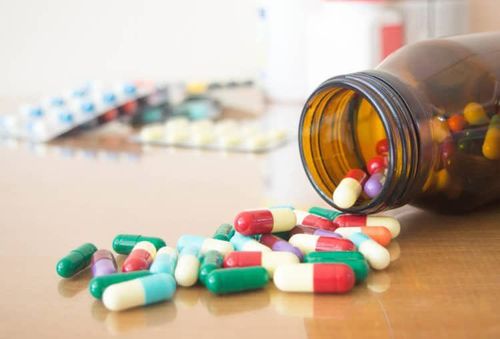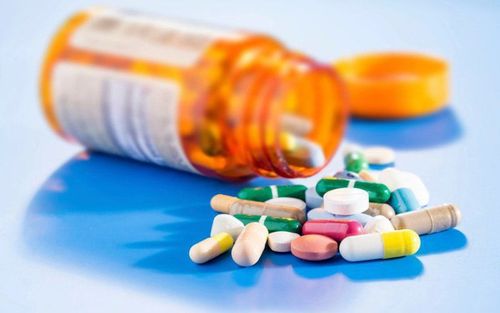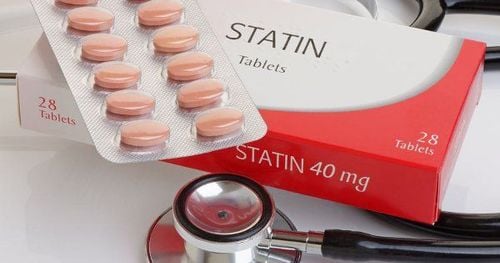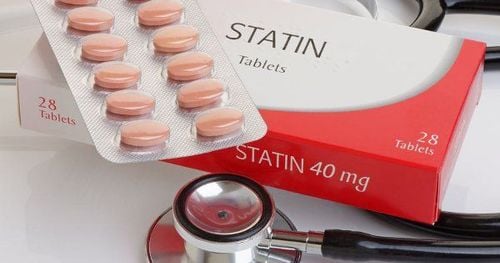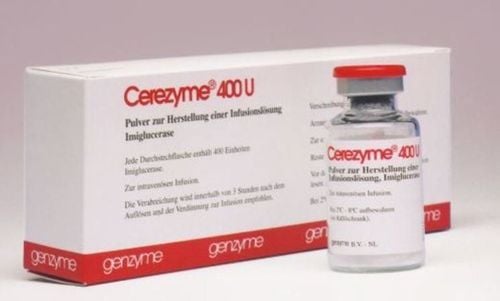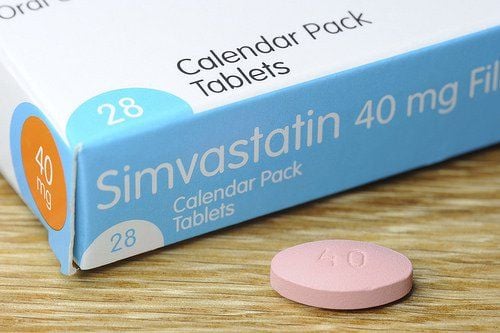This is an automatically translated article.
The article was professionally consulted by doctors of the laboratory, Vinmec Da Nang International General Hospital.Dyslipidemia, especially dyslipidemia, is a very common disease today, with an increasing trend. Blood cholesterol disorders cause many serious diseases, especially cardiovascular diseases such as myocardial infarction, stroke.... High index of LDL-Cholesterol (Low-density cholesterol, also known as bad fat). ) is widely known to be bad, while many people still do not fully understand about HDL-Cholesterol, so what does high blood HDL-Cholesterol mean?
1. What is HDL-Cholesterol?
HDL-Cholesterol stands for High Density Lipoprotein Cholesterol which means high density lipoprotein cholesterol. One of the lipoproteins is synthesized in the liver and has the function of transporting cholesterol in the blood.
HDL-Cholesterol has an important function of transporting excess cholesterol from tissues, organs, blood vessels to the liver for processing, in the liver the cholesterol will be metabolized and eliminated from the body, so HDL-Cholesterol reduces cholesterol accumulation in the blood and in tissues. This is why it is called good fat.
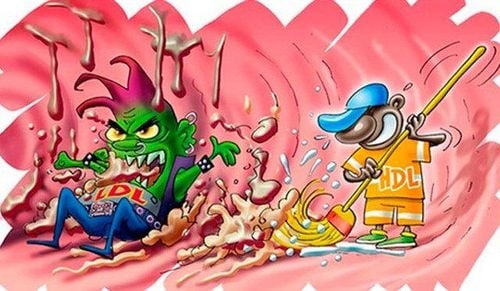
HDL-Cholesterol được xem là mỡ tốt trong máu giúp làm sạch mạch máu và các mô trong cơ thể
2. What does high blood HDL-Cholesterol mean?
If the index of high LDL-Cholesterol in the blood brings a lot of worries, increases the risk of cardiovascular and metabolic diseases, then the index of high HDL-Cholesterol in the blood has the opposite meaning.2.1. Normal levels of HDL-Cholesterol in the blood Normal levels of HDL-Cholesterol in the blood are about 40-50 mg/dL (1.0-1.3 mmol/L) in men and about 50-59 mg/dl (1.3-1.5 mmol/L) L) in females. Normally, the body has self-regulating mechanisms to ensure stable HDL-Cholesterol levels at a certain level.
2.2. What does a high level of HDL-Cholesterol in the blood mean? Thanks to the function of transporting excess cholesterol from tissues, especially blood vessels to the liver for metabolism and elimination, HDL-Cholesterol is considered a very important factor to protect the vessel wall from agents that cause atherosclerosis. is the main cause of dangerous cardiovascular events such as cerebral infarction, myocardial infarction ...
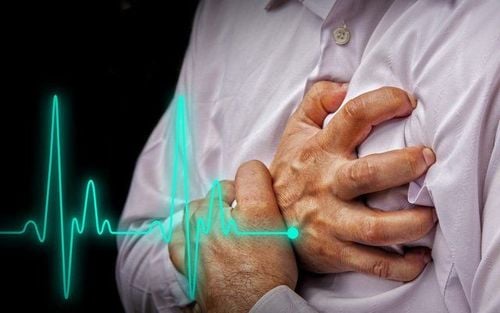
Nồng độ HDL-Cholesterol trong máu < 40 mg/dl làm tăng nguy cơ các bệnh lý tim mạch
With a concentration threshold from 40 mg/dl to 59 mg/dl, the higher the HDL-Cholesterol concentration, the better the cardioprotective effect. Every 4mg/dl increase in HDL-Cholesterol reduces the risk of cardiovascular diseases by 10%. cardiovascular disease. Blood levels of HDL-Cholesterol are considered high when > 60 mg/dl (equivalent to 1.55 mmol/l). This concentration was associated with a significant reduction in the rate of cardiovascular events; According to the American Heart Association, this is the threshold concentration that has a protective effect against cardiovascular disease. Very high levels of HDL-Cholesterol (> 90 mg/dl) are very rare, mainly in patients with genetic or metabolic disorders, and therefore are noted to also increase the risk of diseases. cardiovascular theory.
Therefore, a high HDL-Cholesterol index in the blood is basically good for health, reducing the risk of cardiovascular diseases, but it is also necessary to pay attention when the HDL-Cholesterol index is abnormally high.
Please dial HOTLINE for more information or register for an appointment HERE. Download MyVinmec app to make appointments faster and to manage your bookings easily.




